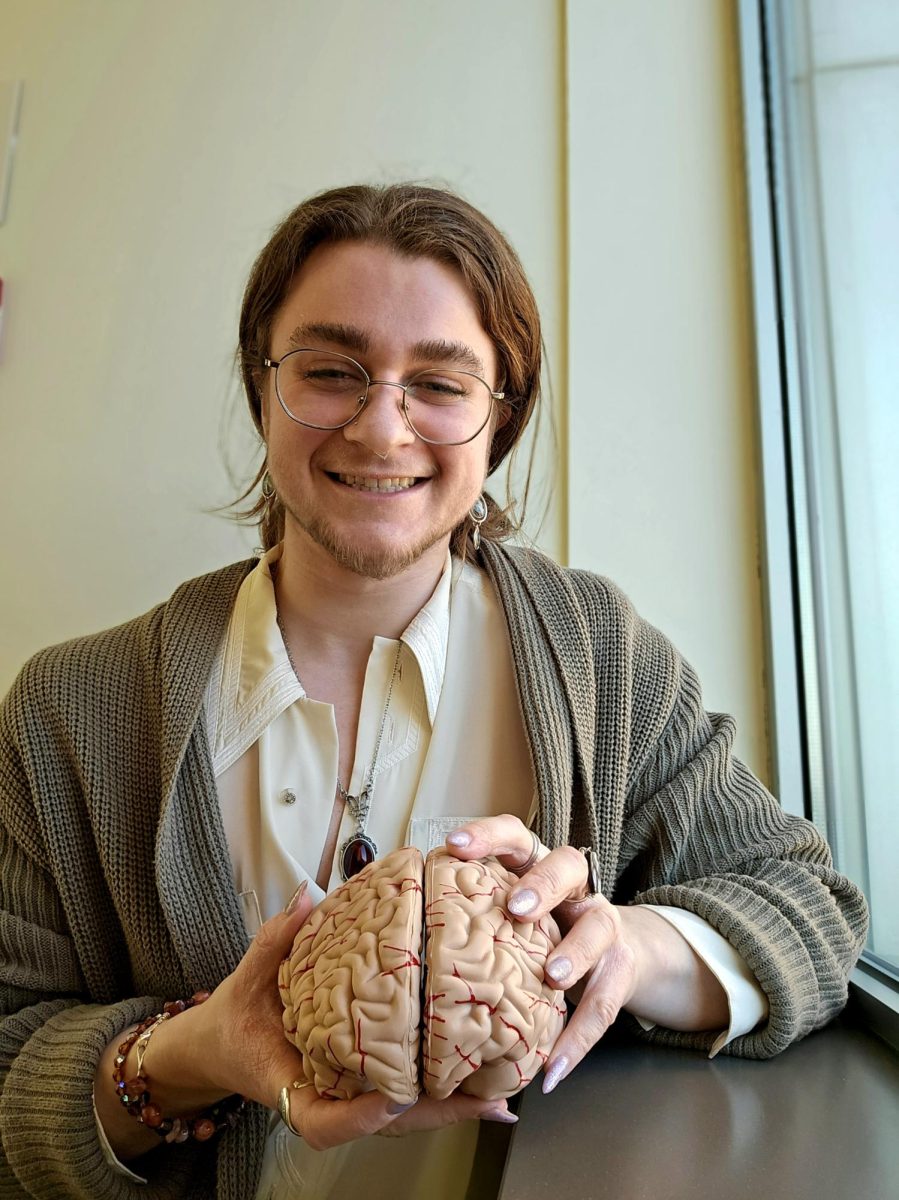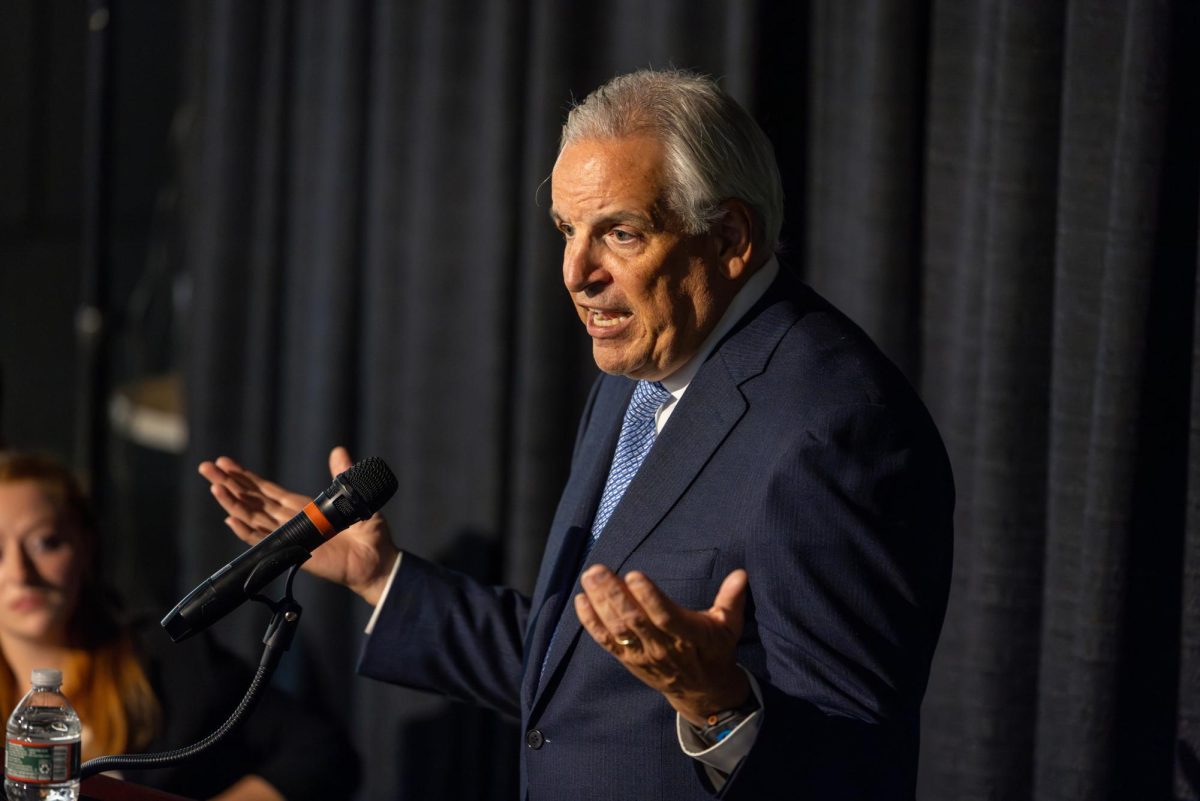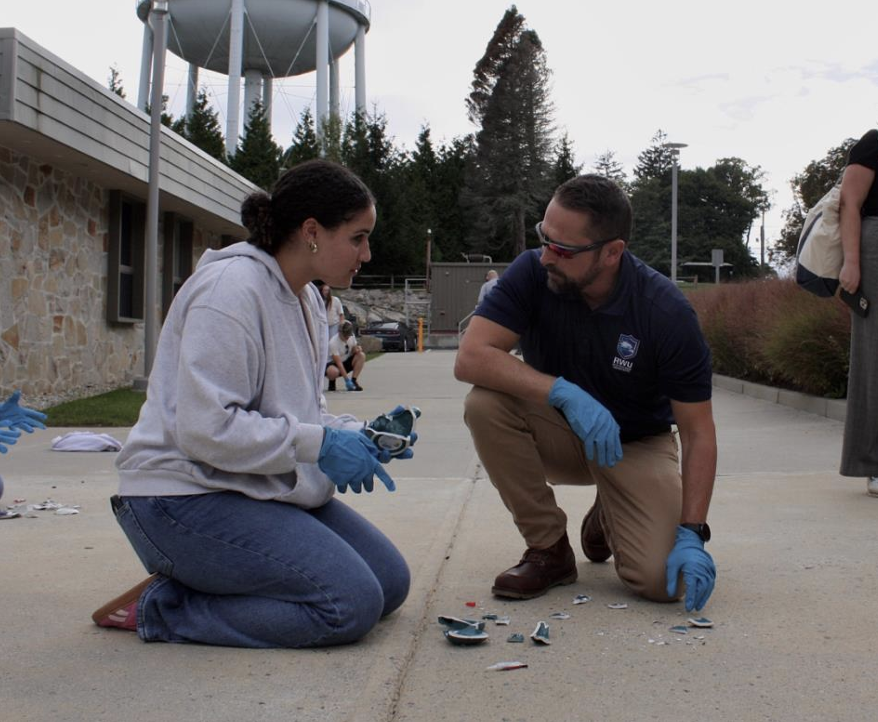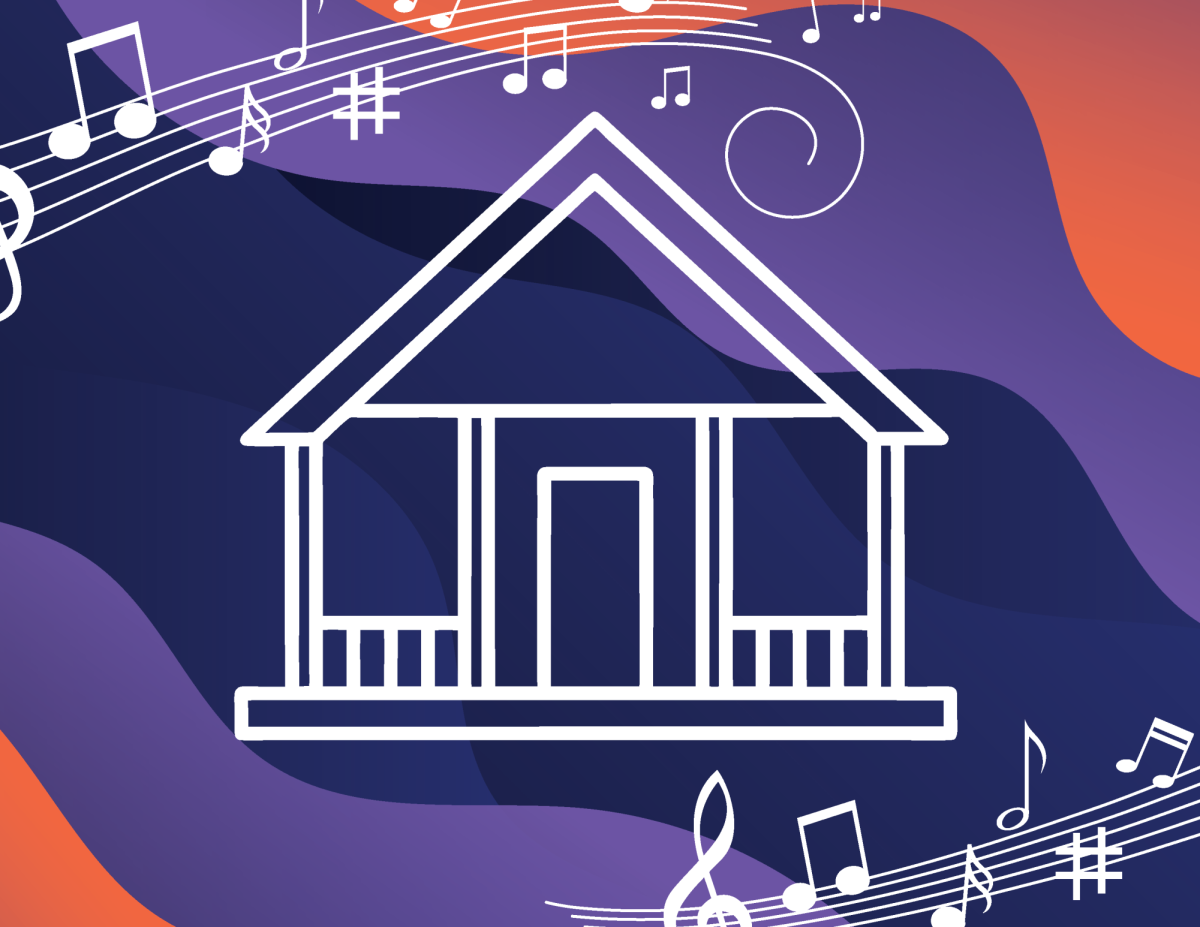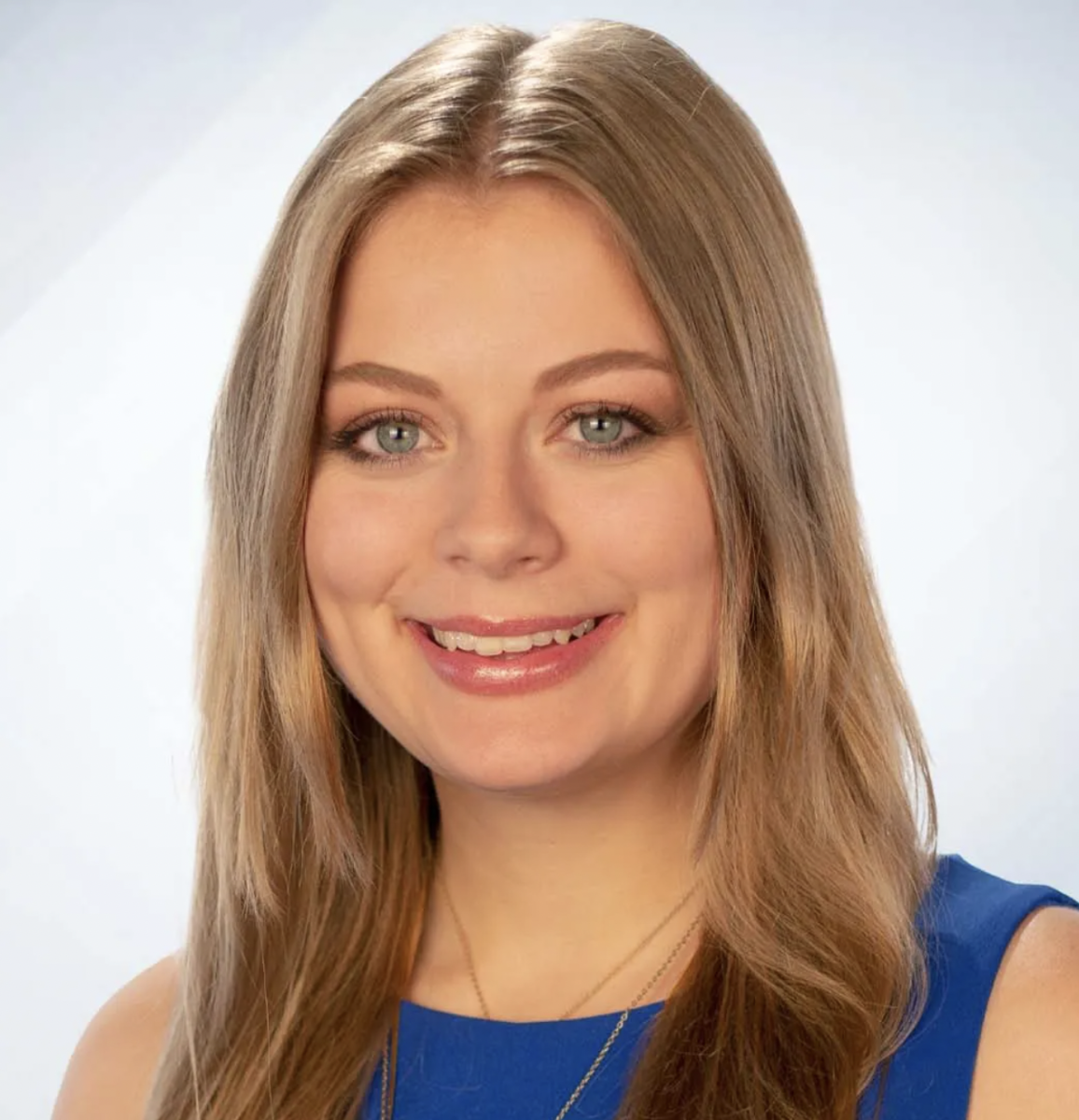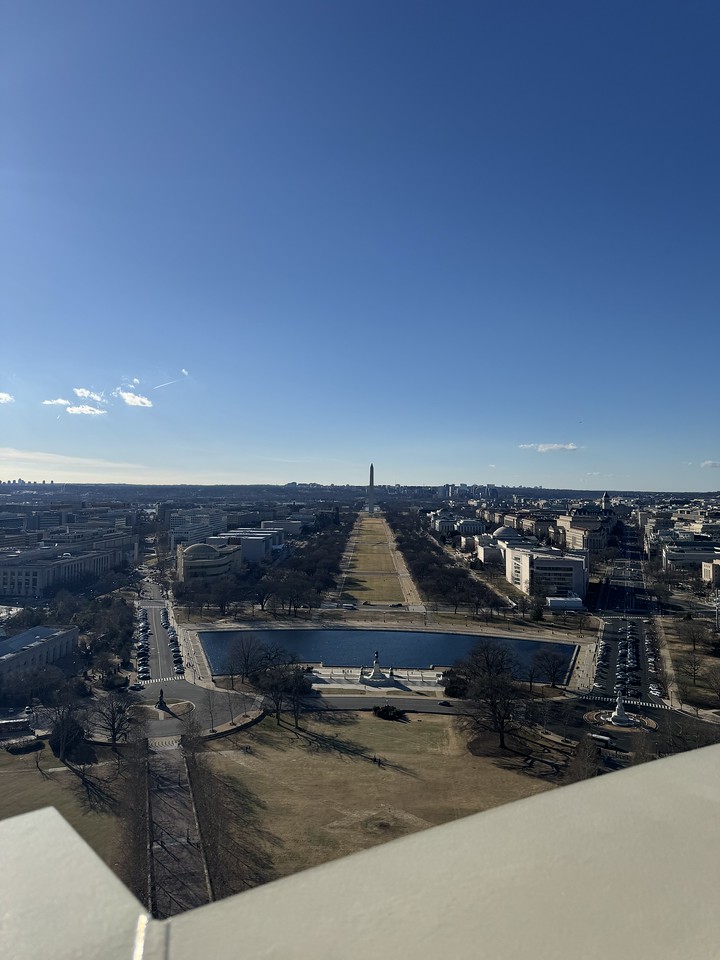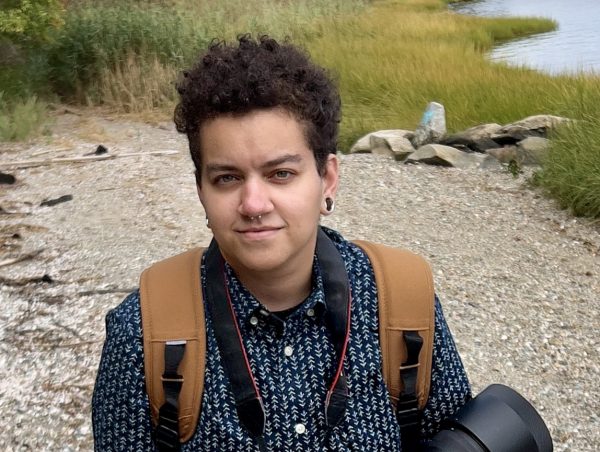Among the various clubs and organizations in Roger Williams University, the Neurodiverse Network club is a great safe space for all students to learn more about neurodiversity, accessibility, and make connections with like-minded people, and advocate for students on campus. Eden Fraatz, a Junior studying psychology and biology, is currently the president of the Neurodiverse Network club, and is involved in the creation of events and co-sponsorships involving the NDN club. They actually founded the organization themselves during their freshman year, and the club has been very successful since then. I had the pleasure of interviewing Eden about their experience thus far.
Can you introduce yourself and share a bit about your background and involvement in the neurodiverse network club?
My name is Eden Fraatz and I am the president of the Neurodiverse Network. I am a junior studying psychology and biology, but my main interest is neuroscience. I am very passionate about neuroscience education – I am involved in Brain Club, a club here that provides free neuroscience lessons on campus and at K-12 schools, and I am TA for the intro to neuro class.
What is neurodiversity?
Neurodiversity refers to the variations between all of our individual brains – we all make up neurodiversity. In the context of the social movement, neurodiversity recognizes conditions like autism, tourette’s, sensory processing disorders, anxiety, and the like as natural brain variations that should be accommodated and accepted in everyday life rather than disorders.
What is the mission and purpose of the neurodiverse network club?
The Neurodiverse Network is a student-led neurodiversity advocacy group. Our mission is to provide education and resources to our students and faculty on neurodiversity, improve classroom and campus accessibility, and build our community.
How did the club come into existence, and what inspired its creation?
I founded the Neurodiverse Network during my freshman year with the support of SAS. As an autistic student joining campus, I wanted to find a sense of community and resources for students with similar experiences as me. At the time, I asked SAS if a student group like this already existed, and though there hadn’t been, we saw the opportunity to build the Neurodiverse Network.
How does the club promote inclusivity for neurodiversity within the school community?
We advocate for accessibility and education. Our goal is to step up our involvement in campus conversation about using universal design, prioritizing accessibility, and using language that reflects neurodiversity. In our events, such as our weekly dinners, we create sensory reduced spaces to be more inclusive of all students.
Upcoming events?
We have Sensory Reduced Dinners every Tuesday from 5PM – 7PM in Upper Commons in one of the reserved rooms. All are welcome to join these dinners for a quiet space to eat. And on the first weekend of Spring Break, March 9th, the Neurodiverse Network will be setting up a table at Brain Fair in Pawtucket. Brain Fair is an annual event organized by Brainwaves RI where anyone can come and learn about the brain through interactive games, activities, and talks.
For more upcoming events, you can check our Hawklink or Instagram page (@ndn_rwu)

